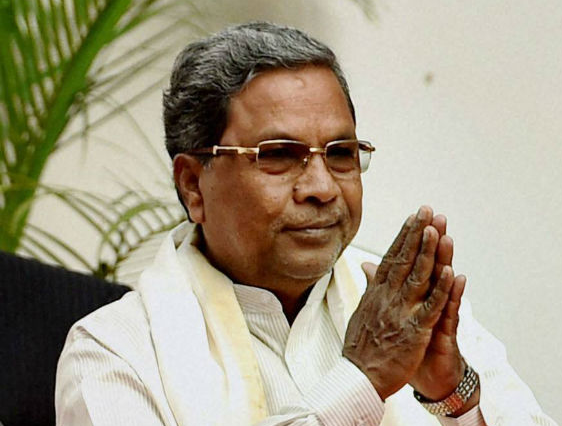
Karnataka HC to hear Siddaramaiah's disqualification petition on July 28

A petition challenging the election of Chief Minister Siddaramaiah to the Assembly from Varuna constituency will be heard by the High Court of Karnataka on July 28.
The petition blames the election manifesto of the Congress party which promised five guarantees as corrupt practices amounting to bribery and also undue influence under Section 123(2) of the Representation of the People Act.
The petition alleges that Siddaramaiah had breached the provisions of the Constitution and the rules and guidelines under The Representation of the People Act.
Also Read: Karnataka | JD(S) has decided to work with BJP as Opposition: Kumaraswamy
The petition claims that the said guarantees are in the nature of offer and promises made by the candidate and by the Indian National Congress party.
This was done with the consent of the respondent (Siddaramaiah).
They are in the form of gratification to the electorate of Varuna Constituency and with the object of directly inducing the electorate to vote for the Congress party candidate namely the respondent.
The consideration was the vote in favour of the Respondent as a gratification with the motive and reward.
The Election petition filed by K M Shankara, a private citizen from the constituency, came up before the single-judge bench of Justice S Sunil Dutt Yadav.
Also Read: With INDIA in mind, Karnataka and Tamil Nadu set aside water row
The petition alleged that Siddaramaiah during the recently concluded Assembly Elections indulged in corrupt practice during the election period.
Senior advocate Pramila Nesargi, appearing for the petitioner, submitted to the court that everyone who sought votes in the name of the five guarantees are guilty of breaking the model code of conduct but only Siddaramaiah has been made a respondent as an example.
All the persons names which find a place in the manifesto are all jointly and severally responsible for the corrupt practice of 123(1) and 123(2) of the RP Act, the petition says.
The HC adjourned the hearing after directing the petitioner to comply with the office objections raised to the petition.
(With agency inputs)

